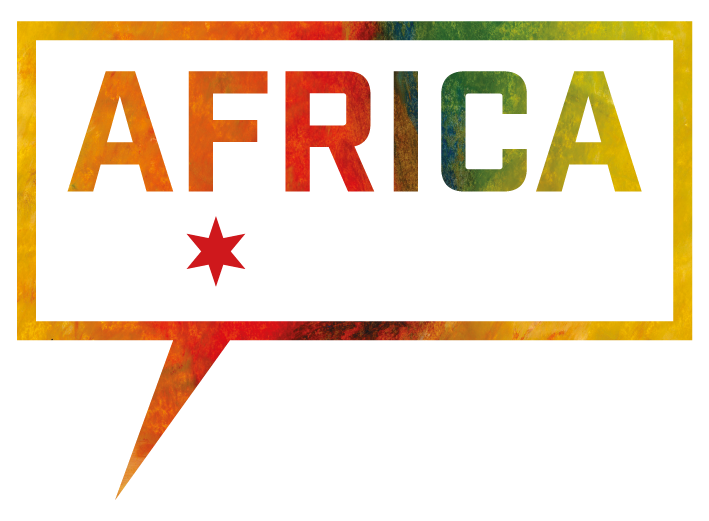The second part of this article covers questions to ask and pitfalls to avoid when looking for a distributor, in areas such as information technology, marketing, and many others.
Information technology
How good is the distributor’s IT system? Look at its flexibility and reporting ability. Watch out for movement to new systems! Some distributors’ service levels decline when updating or changing hardware or software. Does the distributor have a Web site? Can it handle direct sales? Does the distributor offer phone, mail, fax and Internet ordering capabilities? Are convenient payment options offered to their customers? Is the distributor linked to services allowing the prompt transmission and receipt of orders and reports?
Marketing and publisher representation
Does the distributor have an effective marketing structure, offering press releases, advanced information sheets, targeted mailings, catalogs, publicity, and other promotional material to bookstores? Is representation offered at key book fairs and other publishing events? Representation charges may be as high as 10 and 15 percent of the invoice value. This should always be a percentage of net sales. Demand a lot of the rep service because you are paying a lot for it. If the distributor works with another company to offer representation to publishers, make sure the relationship is not so exclusive that it results in biased and unhelpful advice.
Getting as many solutions as possible at one stop is appealing to publishers but may not be the best and most economical solution. Publishers should be wary of any deals with a distributor that require the involvement of a third party.
Warehousing
Is the stock handling and resource management reliable and efficient? A publisher may decide to contract only warehousing and fulfillment services from a distributor. However, the costs of such an arrangement must be carefully weighed. It may be tempting to hold on to cash collection but an honest and efficient distributor may be better positioned to argue with large chain stores and achieve prompt payment. Insurance may be offered to publishers in a number of ways, often dependent on the size of the list. For publishers with a small number of titles it may be part of the overall package. It is usually the case that no insurer will pay out for more than one reprint cost. The standard insurance covers fire and flood. Goods are only covered once they arrive at the warehouse, thus transit time is not covered. Once the goods are in stock, they are covered until they are dispatched to the customer. Stock loss in the warehouse is not covered separately. Generally, there is an allowed loss rate and if any loss amounts to more than this the distributor will probably negotiate the appropriate reimbursement with the publisher. With larger publishers, insurance is often discussed as a separate issue. Some publishers may have their own coverage and may not want it included in the contract with the distributor; others opt to take the risk not to be covered at all, or want to split the cost of insurance with the distributor. Since insurance is not inexpensive, it is a key area to cover in the negotiation.
References
Check the distributor’s references. Contact the publishers they serve. The distributor’s customers, suppliers and competitors, among others, may have information on their business conduct—especially on areas such as customer service and ethical behavior. However, checking references may be difficult. For instance, in Kenya, some may not be willing to exchange such data. Look for a distributor who wants to keep both clients and suppliers happy. Are the parcels well-packaged to avoid transit damage? Are deliveries on time? Are there seasonal trends—for example, does the distributor have problems with deliveries at Christmas? The bookseller has to have confidence in the distributor, or they will look for other ways to obtain the publisher’s product or give up altogether.
Due diligence
These are key points to consider in the selection of an effective distributor for your product. They will arm you with the questions to ask when discussing your requirements. A criteria list is valuable only when good data is available on each criterion. Although the initial screening can take place at the publishing company’s offices, at least three finalists should be visited where and when possible. No better method of assessing distributors exists than visiting them, inspecting their facilities, and interviewing their various constituents in the market. Several other sources are important for publishers without the resources for on-site inspection, especially when sourcing for international distributors. The distributor’s suppliers, or firms not in direct competition with them, can provide in-depth information. A bona fide candidate will also provide information through a local bank. Publisher must ensure due diligence in gathering data. When done well, this prevents regrets after the contracts have already been signed.
The distribution agreement
Once a suitable distributor is found, an agreement should be drawn up to contain the following: an identification of the parties in the agreement and a statement that the contract supersedes all previous agreements.
The agreement should state a specified period for the contract’s duration; for example, one or two years subject to renewal. When signing a contract with a new distributor, a trial period clause of between three and six months and a minimum purchase requirement over a specified time frame are essential. Geographic boundaries should be determined. The publisher may wish to reserve the rights to sell to specific customers. Hence, the decision on whether the distributor is exclusive or not should be indicated. The products covered should be included if the distributor is not selling the publisher’s complete list. The distribution agreement should cover the publisher’s rights, methods of payment and discount terms. Other issues such as the termination conditions, the right to change price and terms, and the product and conditions for delivery of goods, need to be included. The functions and responsibilities of the distributor for stocking inventory, customer service, and book promotion and representation need to be decided. Determine who is responsible for each expense. Spell out the credit and shipment terms as well as penalties for late payments. The contract should state the confidentiality of the information provided by either party.
Managing relationships
A distribution relationship may be compared to a marriage in that it brings together two independent entities that have shared goals. For the relationship to work, each party must be open about its expectations and openly communicate changes perceived in the other’s behavior that might be contrary to the agreement. The closer the relationship between the publisher and the distributor, the greater the chance for success. Conflicts will arise, ranging from small grievances such as incorrect billing or packaging to major ones like late delivery. Both parties should work to manage the relationship for the long-term. If the distributor’s performance is unsatisfactory, careful documentation and clearly defined performance measures are a must.
There are many reasons why a publisher may decide to end a distribution contract. The publisher might decide to sell direct to customers in the distributor’s territory. The contract might end as a result of poor performance, fraud, damage to one party’s interests, or the failure of the distributor in complying with contract obligations on minimum inventory requirements or sales levels. Publisher-distributor relationships will vary from one region to another and also from one market segment to another. For example, international distributors often ask for higher discounts than local ones, due to the high costs of shipping as well as fluctuation in currency exchange rates.
Final thoughts
Every publisher ought to strive to achieve effective distribution and be on the lookout for opportunities to increase distribution capacity. Our ministries will be stronger if we can achieve this.
The original article was written for Interlit, David C. Cook (published with permission).

